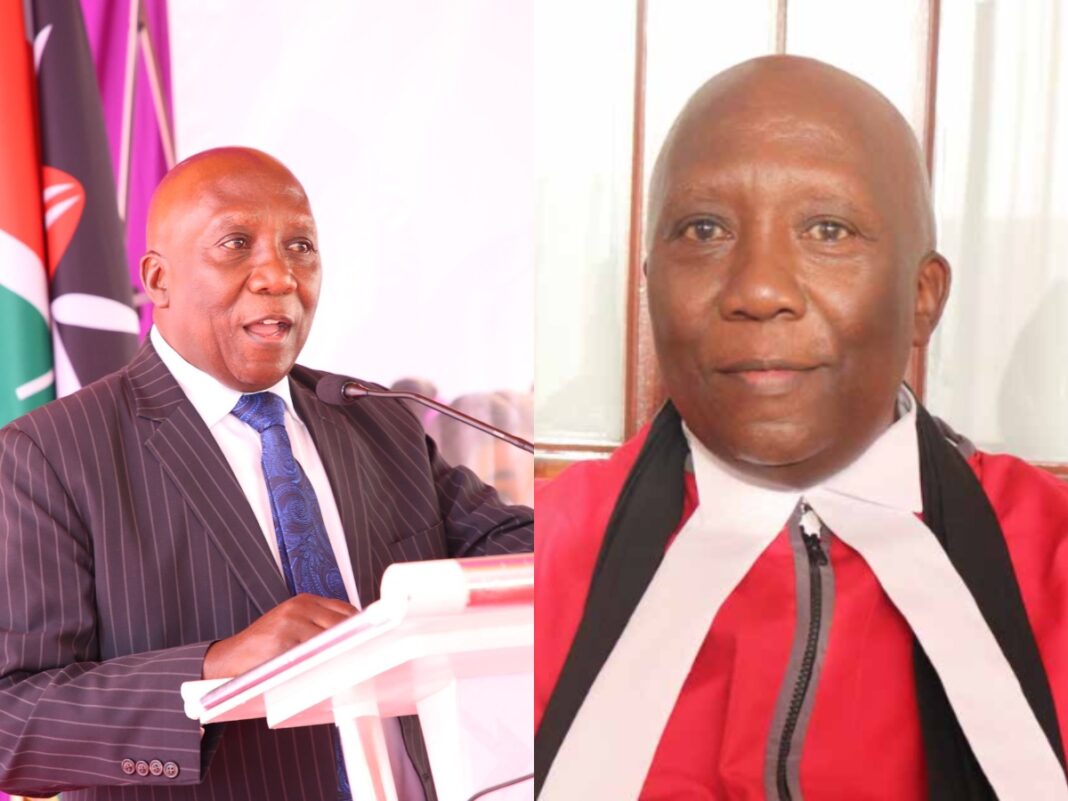Hon. Justice Fredrick Ochieng Andago, who has died aged 68, was a jurist of rare clarity and conviction, remembered both for the sharpness of his legal mind and for his commitment to opening up justice through mediation.
At the time of his death on 17 September 2025, he was serving as a Judge of the Court of Appeal and chairing the Court Annexed Mediation Taskforce, a role that had made him the face of the judiciary’s quiet revolution in alternative dispute resolution.
Ochieng studied law at the University of Nairobi before proceeding to the Kenya School of Law for professional training. He was admitted to the Roll of Advocates in 1983 and began his career at the prestigious firm Kaplan & Stratton Advocates, where he rose from legal assistant to partner within five years.
His work in private practice, largely in civil and commercial litigation, gave him a reputation for diligence and a mastery of detail that would serve him well on the bench.
In 2003 he was appointed to the High Court of Kenya, beginning a judicial career that would span more than two decades. He served in multiple stations, from Kitale and Kakamega to Kisumu and Nairobi, and presided over divisions that dealt with civil, criminal, commercial and admiralty matters.
In the Commercial and Tax Division in Nairobi, he established himself as a leading voice in commercial jurisprudence, authoring judgments that lawyers admired for their lucidity and their concern with fairness. His elevation to the Court of Appeal in 2022 was widely welcomed as recognition of his contribution to the law.
Yet Ochieng’s most lasting impact may come from his championing of mediation within the courts. Long frustrated by the delays and backlogs that plague Kenya’s judiciary, he became convinced that formal litigation alone could not deliver justice to citizens in good time. As chair of the Court Annexed Mediation Taskforce, he worked to embed mediation in the fabric of court processes, guiding the rollout of pilot projects and the eventual gazettement of rules that expanded mediation’s scope. He saw in it not a retreat from justice but a way to democratise it, making disputes less costly, less adversarial and more accessible.
Colleagues spoke of his calm demeanour, his rigorous preparation and his generosity with younger lawyers and judges. Chief Justice Martha Koome described him as a towering figure in commercial law and a true believer in alternative dispute resolution. His death robs the bench of a steady, reform-minded hand at a time when the judiciary’s credibility and effectiveness remain under pressure.



















